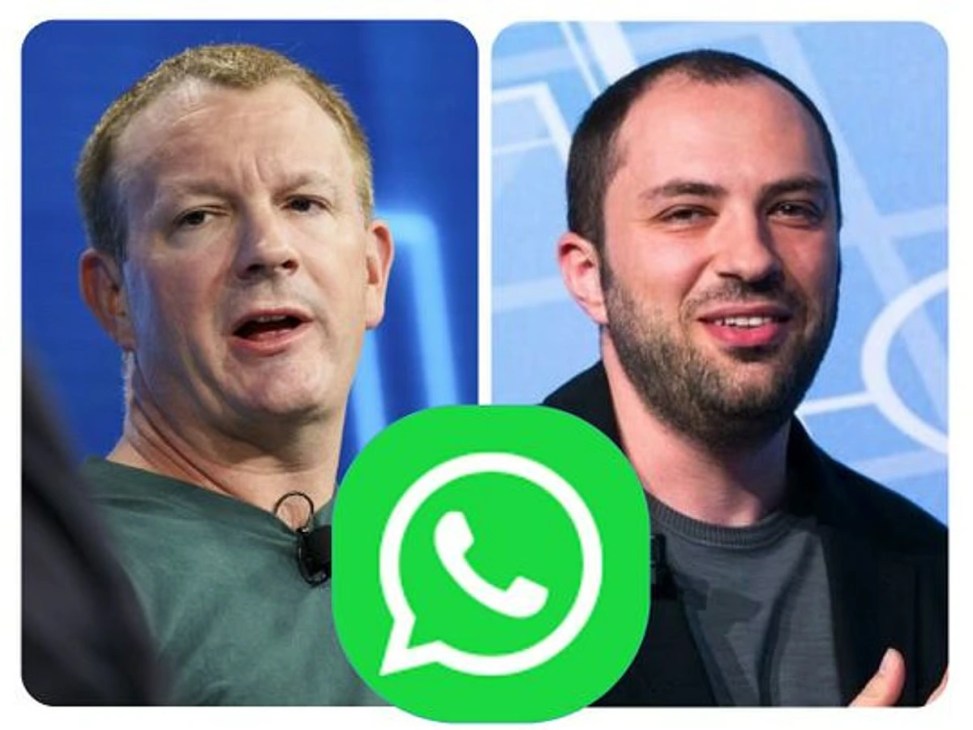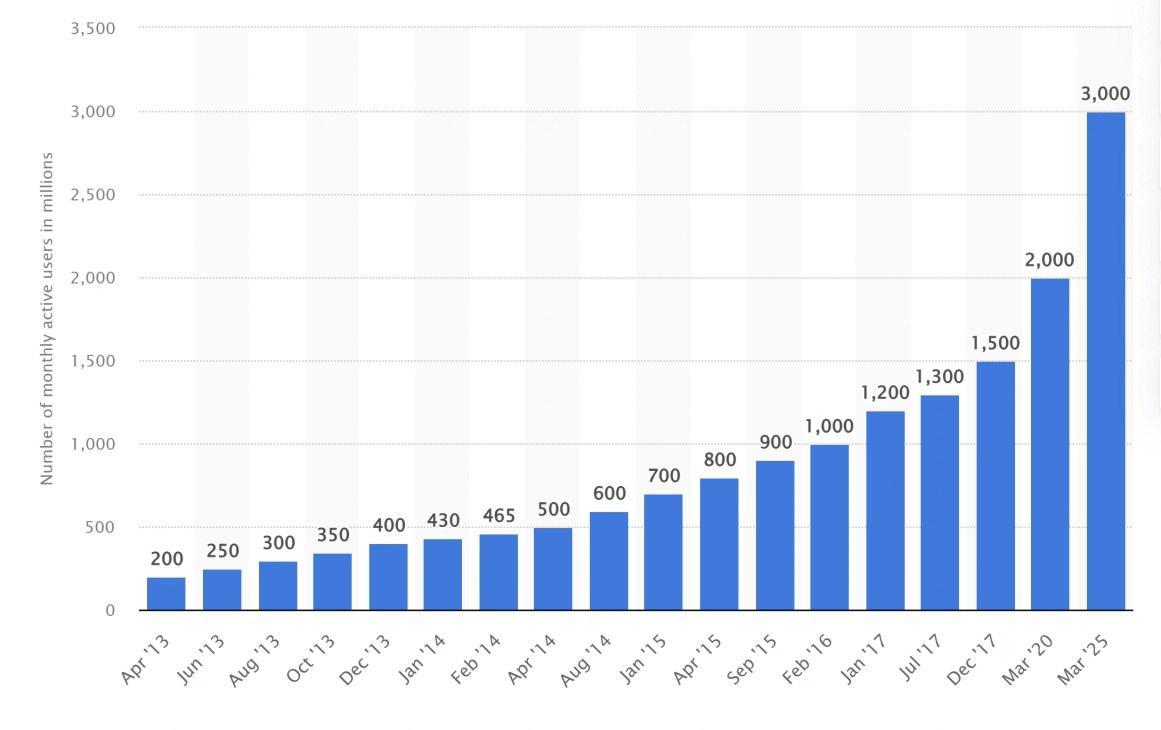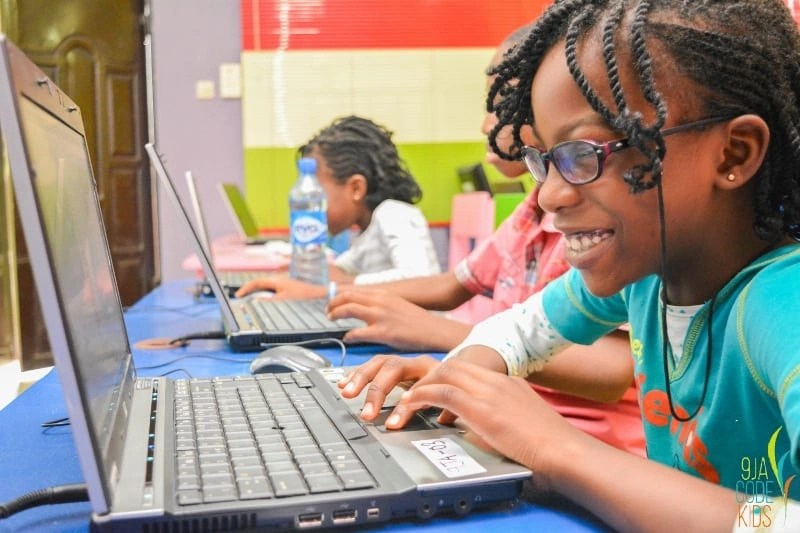WhatsApp Trends 2025: Africa’s Guide to the Future

Disclaimer: This article is for informational purposes only. We are not affiliated with WhatsApp, Meta, or any other brands, products, or services mentioned. All external links are provided solely for reference and do not imply endorsement.
The App That Became Africa’s Lifeline
In the twenty-first century, no app has woven itself more deeply into African life than WhatsApp. It is not just a messaging tool; in many parts of the continent, it is the beating heart of communication. It functions as a phone book, a social media hub, a news outlet, a business tool, a banking bridge, and sometimes even the only link to family thousands of miles away. For many Africans, WhatsApp is not just another app in a folder; it is the internet.
Service providers across countries like Nigeria, Kenya, Ethiopia, Tanzania, and South Africa even design special “WhatsApp bundles”, cheap data packages that give users access exclusively to WhatsApp. When choices are limited by cost, those bundles become lifelines. It means families who cannot afford full internet packages can still talk, share pictures, send voice notes, or even conduct small-scale business. WhatsApp has, in many ways, stepped into the role of public infrastructure, without ever being planned as such.
But to understand why WhatsApp became Africa’s one-stop communication center, we must rewind the story to its invention, its global takeover, and the continent’s own unique digital context.
Disclaimer: This article is for informational purposes only. We are not affiliated with WhatsApp, Meta, or any other brands, products, or services mentioned. All external links are provided solely for reference and do not imply endorsement.
Who Really Invented WhatsApp?

WhatsApp was born in 2009, created by two ex-Yahoo employees: Jan Koum, a Ukrainian immigrant to the United States, and Brian Acton, an American engineer. Koum’s story is itself symbolic; his family had fled Soviet-era surveillance, and he wanted to build a tool that enabled communication without intrusion. He coded WhatsApp in the early days as a status-updating app, but it quickly morphed into a messaging platform after Apple allowed push notifications. The app took off because it was simple, cheap compared to SMS, and worked across devices and countries.
By 2014, Facebook (now Meta) acquired WhatsApp for $22 billion in one of the largest tech deals in history. This acquisition raised questions: Koum had originally wanted privacy at the center of WhatsApp, yet it was now under the control of a company infamous for monetizing user data. Was this a contradiction? Was WhatsApp still fulfilling its mission of private, accessible communication, or had it become another tool for data-driven capitalism?
WhatsApp as Africa’s Digital Infrastructure
Africa had already been primed for WhatsApp’s takeover. Before its arrival, many relied on SMS and expensive airtime, while internet access was often slow and costly. WhatsApp disrupted this model. Suddenly, one app could replace texting, calling, and even emailing, all for a fraction of the cost.
The timing was crucial. Around the same years, Africa experienced an explosion of affordable smartphones, largely imported from Asia. Chinese brands like Tecno, Infinix, and Huawei offered devices tailored for African markets, preloaded with WhatsApp. The app wasn’t just downloaded; it was handed to people as part of their first smartphone experience.
The result? WhatsApp became less an app and more a habit. It was where family groups formed, where parents checked in on children studying abroad, where neighbors announced weddings and funerals, and where politicians campaigned. Businesses, from big banks to roadside vendors, moved to WhatsApp because that’s where customers lived. In a continent where formal infrastructure is often unreliable, WhatsApp built invisible roads of communication that actually worked.
Zim Tech Guy.
A Digital Village Square
To call WhatsApp Africa’s village square isn’t an exaggeration. Traditionally, African societies thrived on oral communication, storytelling, and communal conversations under trees or in marketplaces. WhatsApp became a digital version of that communal rhythm. Group chats mirror those circles: elders, youth, workers, families, all speaking, debating, sharing, and listening.
But unlike the traditional square, WhatsApp’s conversations travel across borders instantly. A grandmother in Accra can pray over a voice note for her grandson in London; a Kenyan small business can ship jewelry to buyers in Toronto through a WhatsApp order. For diasporas, WhatsApp is more than communication; it is cultural preservation.
This blending of old and new explains why WhatsApp feels so deeply African: it speaks to the continent’s communal soul while using global technology.

WhatsApp and the Politics of Information
Of course, with great influence comes great power. WhatsApp has not only carried birthday wishes and love notes, but it has also carried propaganda, disinformation, and even hate speech. During elections in Nigeria, Kenya, and South Africa, political parties have used WhatsApp groups to spread messages, sometimes inflaming tensions. In moments of crisis, from xenophobic attacks in South Africa to violence in Ethiopia, WhatsApp has been a double-edged sword: a tool for mobilizing support and aid, but also a weapon for misinformation.
The app’s encryption protects private users, but it also makes it nearly impossible to track the origin of false or harmful content. In societies already fragile with ethnic or political divides, a forwarded message can ripple like wildfire. So the question lingers: is WhatsApp Africa’s liberator of communication, or a silent colonizer of its narratives?
Is This Digital Colonialism?
When Facebook acquired WhatsApp, many Africans barely noticed. But beneath the surface, something profound was happening. A foreign tech giant now controls Africa’s most important communication artery. And unlike a local newspaper or TV station, WhatsApp didn’t need a license to operate in African countries. It entered without invitation, without negotiation, and it embedded itself in daily life.
This raises uncomfortable questions. Are Africans handing over not just their conversations, but their digital sovereignty, to global corporations? Is the continent building dependency on tools it did not create, tools whose rules are written in California boardrooms?
Scholars argue this is a form of digital colonialism: Africa is rich in users but poor in ownership. Millions generate data daily, but the profits, decision-making, and technological infrastructure lie outside the continent. Just as Africa exported raw materials in the colonial era, today it exports raw digital data.

Data Privacy and Surveillance Risks
For many Africans, WhatsApp represents privacy. Its end-to-end encryption is often touted as a safeguard against eavesdropping, especially in countries where surveillance is a real threat. Yet, the picture is more complex.
While Meta cannot read the content of encrypted messages, the company still collects metadata, who you message, how often, at what times, and for how long. This metadata can paint an intimate portrait of a person’s life. In regions where state authorities pressure telecoms and tech companies, this creates potential risks for activists, journalists, and dissidents.
Another layer of concern comes from cross-border data flow. African users generate terabytes of communication data daily, but this information is stored and processed on servers outside the continent. This means Africa not only has little control over its most sensitive data, but it also relies on legal and policy frameworks written in jurisdictions thousands of miles away.
To make matters sharper, WhatsApp’s integration with other Meta products, like Facebook Marketplace or Instagram Shops, further ties African businesses and users into a web of dependency. With each link, the continent gains convenience but risks losing sovereignty.
Why Africa Still Hasn’t Built Its Own WhatsApp
It’s tempting to ask: why hasn’t Africa created its own WhatsApp? The answer is complex. Tech innovation thrives where infrastructure, capital, and policy align. Silicon Valley had decades of investment, a culture of risk-taking, and access to global venture capital. Africa’s tech ecosystem, while vibrant, often faces obstacles: limited funding, unreliable internet, policy barriers, and brain drain.
Yet there are sparks of possibility. Apps like Ayoba (from South Africa) and WeChat clones adapted for African markets have tried to offer alternatives. Still, WhatsApp’s dominance is so entrenched that competitors struggle to pull users away. It’s not just about features, it’s about habits, networks, and trust.
For Africa to build its own digital giants, it must move beyond being a consumer market to become a creator market. That shift requires governments, investors, and innovators to think long-term.

Why WhatsApp Survived Where Others Failed
Here lies another mystery: why did WhatsApp endure when apps like Skype, Viber, and even BBM (BlackBerry Messenger) faded away? The answer lies in simplicity. WhatsApp required no username, no complicated setup. Your phone number was your identity. It worked even with poor connections, and it consumed very little data compared to video-heavy competitors.
Where Skype was designed for desktops, WhatsApp was built for mobile. Where Viber and others focused on flashy features, WhatsApp focused on reliability. In a context like Africa, where every megabyte matters, this efficiency made it king.
Even when Telegram, with its cloud backups and flashy features, surged in popularity, WhatsApp remained unrivaled. Why? Because WhatsApp was already embedded in people’s daily lives. Leaving it would mean leaving your family groups, your business contacts, your church announcements, and your political updates. The switching cost was too high.
The Downsides of WhatsApp
But let’s be clear, WhatsApp is not flawless. Its backup system often frustrates users: chats are tied to phone memory or cloud accounts that require space. When devices run out of storage, important conversations can be lost forever. Unlike Telegram, which stores everything in the cloud, WhatsApp relies heavily on local storage, a real problem in Africa where affordable phones often have limited capacity.
There’s also the issue of over-reliance. Because WhatsApp has become “everything,” when it crashes, as it has globally multiple times, whole societies pause. Businesses stall, families panic, and governments struggle to communicate. This vulnerability shows the danger of building so much of daily life around a single app.
WhatsApp and Africa’s Digital Economy
If WhatsApp is Africa’s village square, it has also quietly become the continent’s busiest marketplace. Across cities and villages, small businesses, from fruit sellers in Dar es Salaam to clothing boutiques in Lagos, use WhatsApp as their primary storefront. A status update functions as a shop window, a group chat doubles as a customer base, and a quick voice note replaces customer service hotlines.
This has created what some observers call the “WhatsApp economy.” In Nigeria, reports indicate that microbusinesses are increasingly relying on WhatsApp to coordinate deliveries, manage inventory, and reach buyers beyond their local neighborhoods. In South Africa, WhatsApp Business, with features like automated replies and product catalogs, has become a lifeline for entrepreneurs excluded from formal e-commerce or banking systems.

But there is a catch. While WhatsApp enables these businesses to thrive, it also locks them inside Meta’s ecosystem. Entrepreneurs don’t truly own their customer lists or data, and there is no easy way to migrate contacts to independent platforms. A crash, ban, or sudden policy change could erase years of work instantly. This dependency raises the question: are African businesses building prosperity, or building on borrowed land?
Just as colonial trade once funneled African resources through European shipping networks, today much of Africa’s digital commerce flows through global platforms headquartered far away. WhatsApp expands opportunity, but also limits how much of the value stays in Africa.
Lessons for Africa and the World
WhatsApp is not just a tool; it is a mirror. It reflects Africa’s resilience, adaptability, and creativity in using global technology for local needs. But it also exposes vulnerabilities: dependency, disinformation, and a lack of homegrown alternatives.
For Africans, the lesson is clear: use WhatsApp, but build alternatives. Digital sovereignty matters. For the rest of the world, Africa’s story shows that technology is never just about features; it’s about fit. WhatsApp succeeded because it understood simplicity, affordability, and trust, lessons Silicon Valley often overlooks.

FAQs
Is WhatsApp safe?
It uses end-to-end encryption, but concerns remain over Meta’s broader data policies and the potential for information exploitation.
Is WhatsApp a form of digital colonialism?
Many argue yes. While Africans generate massive data through WhatsApp, the app is owned by Meta, headquartered outside the continent. This raises concerns of dependency and loss of digital sovereignty.
Why did WhatsApp succeed where Skype and Viber failed?
WhatsApp focused on mobile-first simplicity, low data use, and phone-number-based identity, making it accessible and reliable in Africa’s unique conditions.


